OPHTHALMOLOGY
-
-
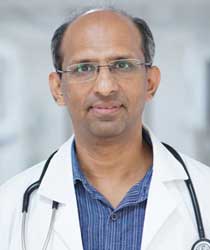
-
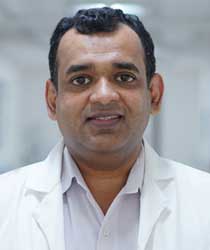
-
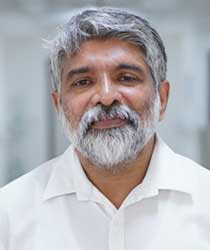
-
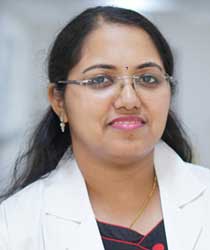
Dr. Leena Mariyam Varghese
- Associate Professor
-
Read more..
-
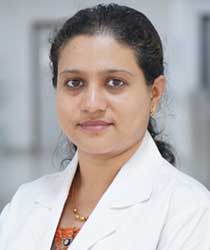
-

Dr. Bijinu Mary Philip
- Senior Resident (SR)
-
Read more..
Mission and Educational Objectives
The UG program in Ophthalmology at Believers Church Medical College aims to equip students with comprehensive knowledge and skills in ophthalmic medicine and surgery, focusing on the diagnosis and management of eye disorders.
Curriculum
- Comprehensive curriculum covering core ophthalmic sciences, clinical skills, and specialized topics.
- Integration with other medical disciplines to ensure a comprehensive understanding of patient care with an ophthalmic perspective.
Clinical Training
- Practical clinical training in ophthalmology clinics, outpatient departments, and surgical theaters.
- Exposure to a wide range of eye conditions, including refractive errors, glaucoma, cataracts, retinal disorders, and ocular trauma.
Faculty Expertise
- The department is staffed with experienced and renowned ophthalmologists specializing in various subspecialties.
- Faculty members actively engage in clinical practice, research, and academic activities in the field of ophthalmology.
Technology Integration
- Utilization of modern ophthalmic technology, including diagnostic imaging, laser surgery, and advanced surgical techniques.
- Training in the use of digital tools for ophthalmic documentation, imaging interpretation, and evidence-based practice.
Critical Thinking and Problem-Solving
- Emphasis on developing critical thinking skills for accurate diagnosis and effective management of complex ophthalmic cases.
- Case-based learning and clinical discussions to enhance problem-solving abilities specific to eye care.
Patient-Centered Care
- Focus on patient communication, empathy, and shared decision-making in ophthalmic practice.
- Training in ethical practices and patient confidentiality in eye care services.
Postgraduate (PG) Program
Specialization and Subspecialties
- The PG program in Ophthalmology offers opportunities for specialization in various subspecialties, including cornea and external diseases, retina, pediatric ophthalmology, and oculoplastics.
- In-depth training in advanced ophthalmic surgical techniques and interventions.
Research Opportunities
- Encouragement for PG residents to engage in clinical and translational research projects in ophthalmology.
- Collaboration with faculty on ongoing medical research initiatives aimed at improving eye health outcomes.
Faculty Expertise
- Specialized faculty members in various ophthalmic subspecialties providing mentorship and guidance to PG residents.
- Regular academic sessions, journal clubs, and case presentations to enhance knowledge and skills in ophthalmology.
Continuing Medical Education
- Regular participation in national and international ophthalmology conferences, workshops, and seminars.
- Staying updated on the latest advancements in ophthalmic science, technology, and surgical techniques.
Teaching and Training
- Involvement in undergraduate medical education, providing teaching and mentorship to UG students in ophthalmology.
- Training in medical education principles and effective teaching methodologies specific to ophthalmic sciences.
Patient Care Leadership
- Training in leadership and management skills for effective coordination of ophthalmic services within healthcare settings.
- Involvement in multidisciplinary healthcare teams for comprehensive eye care management.






